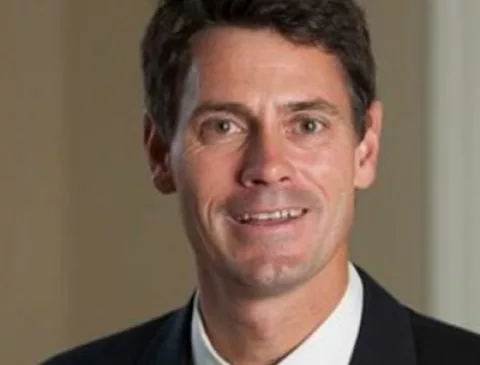He said many of their clients are children located in the heat island neighborhoods of Chicago, like Humbolt Park, Pilsen and Little Village, and Gage Park. They work with 55 different school sites, have a 24-hour hotline, and in years past have donated air conditioning units to low-income families.
Before Simer leaves his house in the summer to do something physical, like hiking, he makes sure he has taken his antihistamines, grabs his inhaler and has enough water to drink. This kind of preparedness is something Stephan Koruba, medical director and family nurse practitioner, and Summer Kee, a psychiatric nurse practitioner, advocate for their patients at The Night Ministry. Many of their patients are dealing with housing insecurity or struggling with substance use.
Koruba recalls one of his former patients, who spent many years on the street. This patient had a history of heart failure that was likely from his history of IV drug use. Devastatingly, his patient ventured to the west side of Chicago on a very hot day and ended up overdosing in a field. The west side of Chicago is known for being the most extreme part of the city’s heat island, as it’s farthest from Lake Michigan. Koruba said it took days to find him in the tall grass.
“I really do think that the heat contributed in two ways,” said Koruba. “For one, I know his activity tolerance was less. But also, he didn’t have this partner that … normally would travel with him, because they didn’t want to go out in the heat. What we talk about for harm reduction is to [stay] with a partner who can keep an eye on you.”
People in the Great Lakes region might be used to living comfortably without air conditioning, but, the climate is changing much faster than the pace of most people, or even city infrastructure, is capable of adapting. Most of the experts Great Lakes Now spoke with said all these cities are putting a lot of the responsibility of heat management, things that could be done in the short-term to prevent serious health events, onto individual residents who are suffering at grave costs in the long-term.





